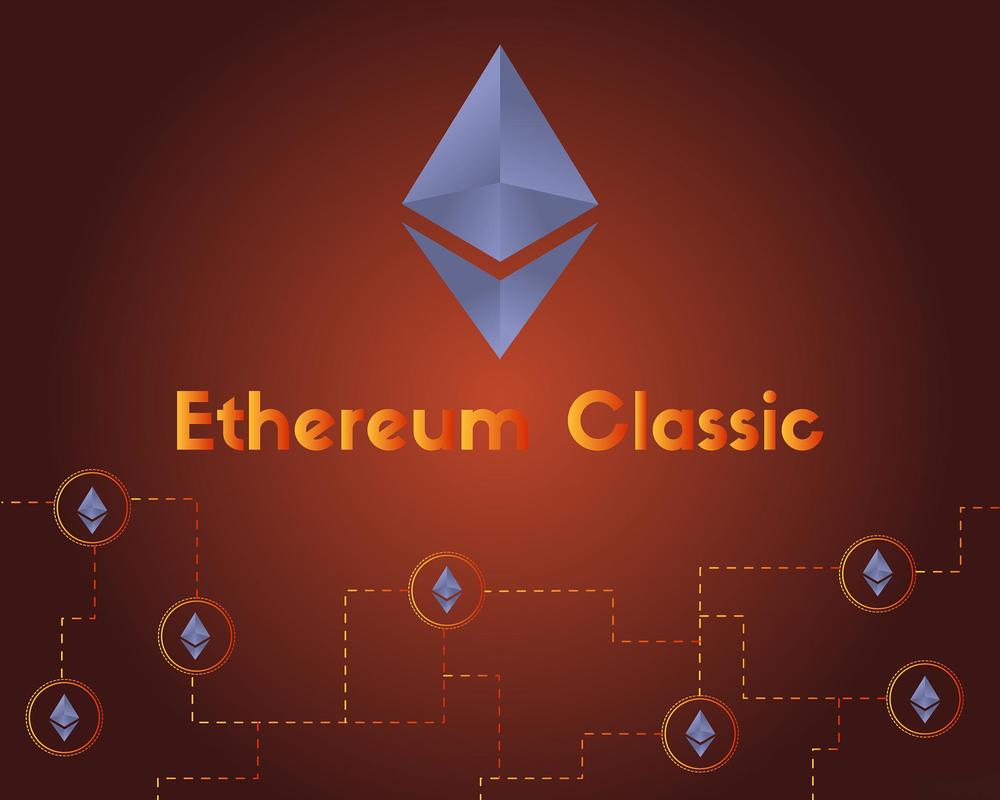ETC vs ETH: A Comprehensive Comparison of Cryptocurrencies
When it comes to cryptocurrencies, Ethereum (ETH) and Ethereum Classic (ETC) are two of the most prominent names in the industry. Both are based on the original Ethereum blockchain, but they have distinct features and purposes. In this detailed comparison, we’ll explore the differences between ETC and ETH from various dimensions to help you understand their unique characteristics.
Blockchain and Development
Ethereum Classic (ETC) is the original Ethereum blockchain, which was forked from Ethereum (ETH) in 2016. The fork occurred due to a disagreement over the handling of a security breach known as The DAO attack. ETC aims to maintain the original vision of Ethereum, focusing on decentralization and immutability. On the other hand, Ethereum (ETH) has evolved over time, implementing several upgrades and improvements to its blockchain and smart contract capabilities.

| Blockchain | Ethereum Classic (ETC) | Ethereum (ETH) |
|---|---|---|
| Creation Date | 2015 | 2015 |
| Block Time | 14 seconds | 14 seconds |
| Block Reward | 2 ETC | 2 ETH |
| Consensus Algorithm | Proof of Work (PoW) | Proof of Work (PoW) |
Smart Contracts and Decentralized Applications (DApps)
Ethereum (ETH) is widely recognized for its smart contract functionality, which allows developers to build decentralized applications (DApps) on its platform. The Ethereum Virtual Machine (EVM) enables the execution of complex smart contracts, making ETH a preferred choice for many developers. ETC, while also supporting smart contracts, has a smaller ecosystem of DApps compared to ETH. However, ETC’s focus on decentralization and immutability makes it an attractive option for certain DApps that prioritize these values.
Market Capitalization and Price
Market capitalization and price are important factors to consider when comparing cryptocurrencies. As of the time of writing, Ethereum (ETH) has a significantly higher market capitalization and price compared to Ethereum Classic (ETC). This is due to ETH’s larger user base, wider adoption, and continuous development. However, ETC has seen some growth in its market value and price, particularly after the Ethereum 2.0 upgrade, which has sparked renewed interest in the network.
| Cryptocurrency | Market Capitalization | Price |
|---|---|---|
| Ethereum Classic (ETC) | $1.5 billion | $55 |
| Ethereum (ETH) | $200 billion | $1,800 |
Community and Support
The Ethereum (ETH) community is vast and active, with a strong presence on social media platforms, forums, and online communities. The community supports continuous development and innovation, making ETH a popular choice among developers and investors. ETC, while having a smaller community, is also dedicated to maintaining the original vision of Ethereum. Both communities offer support and resources for users and developers, but ETH’s larger community provides more extensive resources and opportunities.
Conclusion
In conclusion, Ethereum Classic (ETC) and Ethereum (ETH) are two distinct cryptocurrencies with unique features and purposes. ETC focuses on decentralization and immutability, while ETH has evolved to offer a more versatile platform for smart contracts and DApps. Both cryptocurrencies have their strengths and weaknesses, and the choice between them depends on your specific needs and preferences. Whether you prioritize community support, market capitalization, or the original vision of Ethereum, understanding the differences between ETC and ETH is crucial for making an informed decision.
